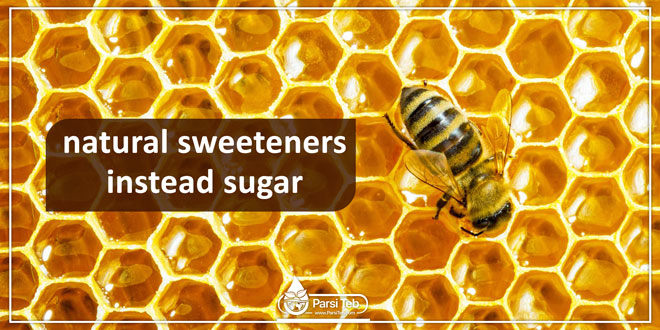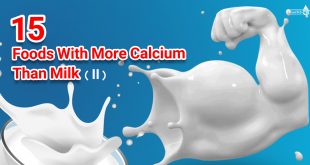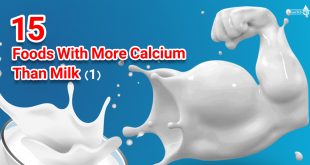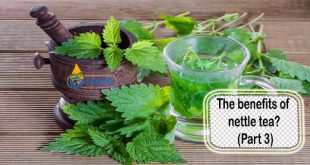Agave syrup, stevia, honey and other natural sweeteners are all the rage these days, as more people worry that white sugar and high-fructose corn syrup are making them gain weight and increasing their risk for type 2 diabetes. But are natural sweeteners really any better than plain baking sugar?
A reality check: For the most part, your body can’t tell the difference between one type of sweetener and another. And most sweeteners contain similar amounts of calories: approximately 16 per teaspoon.
“Added sugar, no matter where it comes from, is added sugar — and in excessive amounts, it could increase body fat,” says registered dietitian Lona Sandon, an assistant professor of clinical nutrition at the University of Texas Southwestern Medical Center. “No matter what your sweetener comes from, you need to stick with it in moderation and not overdo it.”
But different sweeteners do have different properties when it comes to cooking and health. When researchers at Virginia Tech compared the antioxidant content of various sweeteners, they found considerable variability:
* Most antioxidants: Dark and blackstrap molasses
* Some antioxidants: Maple syrup, brown sugar, honey
* Minimal antioxidants: Refined sugar, corn syrup, agave nectar
Here’s a guide to how sweeteners otherwise stack up, along with directions for best using each one:
Agave Syrup
Agave syrup is a natural sweetener made from the sap of the agave plant. It contains the same calories as white sugar, but it’s considerably sweeter — so you don’t need to use as much. If a recipe calls for 1 cup of sugar, you’d use only 1/3 cup of agave, says registered dietitian Angela Ginn, a Baltimore-based spokeswoman for the American Dietetic Association.
Also, agave syrup is low on the glycemic index, meaning it doesn’t raise blood sugar quickly. But “because it has a higher percentage of fructose than what’s in high-fructose corn syrup, it may raise triglyceride levels in your blood, according to studies done at UT Southwestern,” warns Sandon.
Stevia
This sweetener is derived from the leaves of the stevia plant and contains almost no calories — yet it can be used cup-for-cup as a replacement for sugar, says Ginn.
“You can use it for baking, but it’s not very sweet and it may make a cake more dense,” says Ginn. You can also sprinkle it in your coffee or on berries or oatmeal.
Honey
In addition to antioxidants, honey also has some antibacterial properties.
“Honey is ideal for beverages because it’s easily absorbed,” says Ginn. “And it’s great for mixing in yogurt, drizzling on chicken or using in salad dressings.”
However, because of its consistency, it’s “not as good for baking,” she says.
Maple Syrup
Genuine maple syrup is very sweet and has a slightly woodsy flavor, says Ginn, “so a little goes a long way.”
Besides its typical use on pancakes, waffles or French toast, maple syrup also works as a glaze on root vegetables, like sweet potatoes, acorn or butternut squash, turnips and carrots.
Molasses
Molasses is derived from sugar cane or sugar beets. It contains more antioxidants than all other natural sweeteners, and it also contains a small amount of iron, says Sandon.
Because it lends foods a rich, dark flavor as well as a touch of sweetness, it’s a good choice for baking spice cakes, gingerbread or ginger snaps.
Brown Sugar
Made from molasses and white sugar, light brown sugar is best for baking (cakes, cookies, pies and sweet breads) or sprinkling on oatmeal.
The dark brown variety, in contrast, gives foods (like baked beans, stews and gingerbread) a richer flavor, thanks to the extra molasses it contains, says Ginn.
Raw Sugar
Raw sugar comes from sugar cane, just like white sugar, but it’s less refined, so it’s coarser in texture and has a golden color (from the molasses it retains). But it isn’t any healthier than the white stuff.
Often used in tea and other beverages or as a topping on baked goods, raw sugar can be sweeter than white sugar — so you’ll need less to achieve the desired sweetness, says Ginn.
White Sugar
It may not be as trendy as other natural sweeteners, but white sugar “holds up better than the others in high heat,” says Sandon. It also “gives a better texture to baked goods because of how it absorbs water and adds volume to whatever you’re preparing.”
So there you have it: The whole sugary story so you can make wiser choices to satisfy your sweet tooth.
 Parsi Teb Physical and Mental Health Journal
Parsi Teb Physical and Mental Health Journal 



